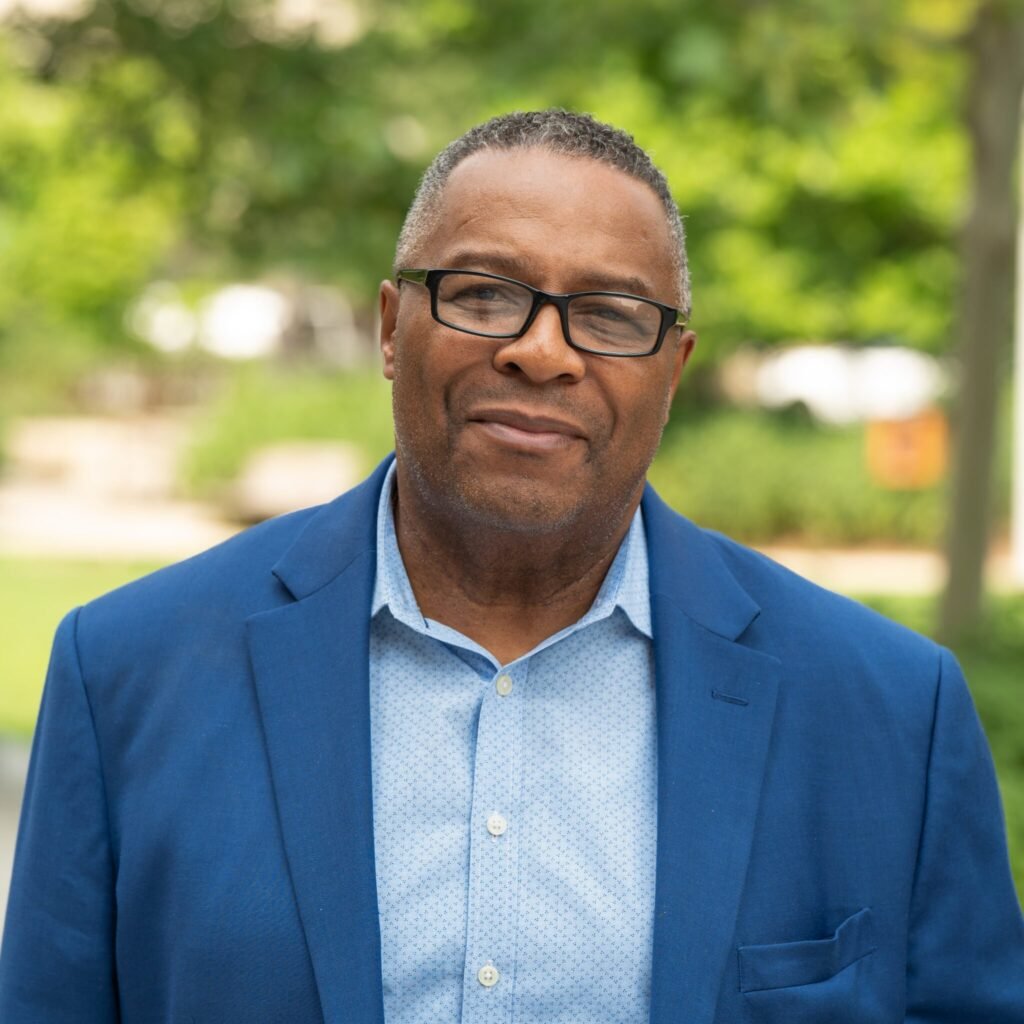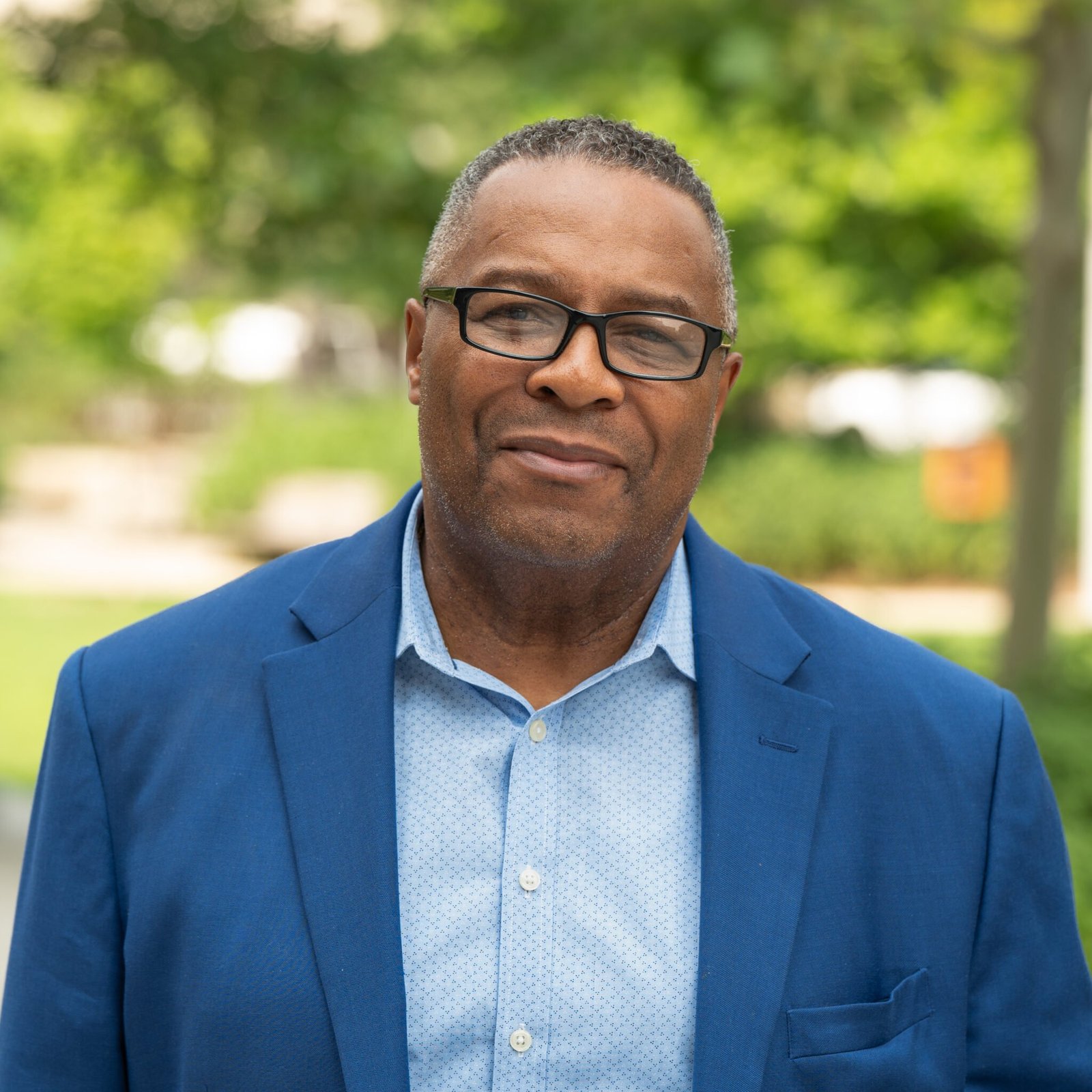I recently went one-on-one with Robert Lewis Jr., CEO of Boys & Girls Clubs of Boston.
Adam Mendler: Thanks again for taking the time to share your advice. First things first, though, I am sure readers would love to learn more about you. How did you get here? What experiences, failures, setbacks, or challenges have been most instrumental to your growth?
Robert: Fifty years ago, my life changed forever. At just 16, I was a typical teenager—excelling in sports, earning good grades at East Boston High, and staying active at what was then known as the Boys Club. But my story was unique: My family was the first Black family to move into East Boston’s Maverick Housing Projects. Despite the challenges, I loved my neighborhood and built friendships with people from all backgrounds.
But in 1974, everything changed. When Judge Garrity ordered Boston’s schools to desegregate, the city erupted in violence and hatred. The divisions didn’t just split our streets—they shattered friendships. I’ll never forget the day one of my closest friends—someone I had shared laughter, games, and family meals with—stood outside my home, lit a rag-stuffed bottle, and threw it. I watched in disbelief as flames consumed the place I called home.
As I stood there, watching everything burn, I made a decision that would define the rest of my life. I refused to let hate shape my future. Instead, I saw it as a call to action—a mandate to bring people together, to challenge division, and to change the narrative that tears communities apart. That moment set me on a lifelong journey of youth development, activism, and leadership—one that has led me to where I stand today.
Adam: What are the best leadership lessons you have learned from leading a non-profit organization?
Robert: At my core, I believe leadership is about finding greatness in people that work with me and the people we serve. At BGCB, we’ve completely shifted away from deficit-based language. We don’t talk about youth as “at-risk” or “underserved” . The only thing our young people are at risk for is success.
I’ve learned that culture change starts with language. How we talk about our youth shapes everything – our programs, our approach, even our outcomes. We’re intentional about using asset-driven language across our organization, from our marketing materials to our board meetings. When I talk to philanthropists, I don’t ask them to help fix problems – I invite them to invest in potential.
Lastly, I’ve learned that authentic leadership means staying connected to your roots. When you are leading an organization, you can’t just talk about our community, you need to be part of it. We don’t just serve the community, we belong to it.
Adam: What are your best tips for fellow leaders of non-profit organizations?
Robert: Get your board deeply engaged in your mission – and I mean really engaged. At BGCB, we invite our Board to experience the transformative work happening in our Clubs. They meet our staff, talk with our young people, and understand the communities we serve. Our board isn’t just philanthropic – they are actively engaged in creating job opportunities, opening doors for internships, and advocating for our youth.
Think about impact. I introduced the concept of “return on community” (ROC) alongside traditional ROI because our work isn’t just about individual outcomes. It’s about generational change. When a young person succeeds through our programs, they often come back as volunteers, mentors, and donors. Look at our Class of 2024. 99% graduated, 92.5% are heading to higher education or specialized training. That’s not just changing individual lives; it’s transforming entire communities.
Finally, invest heavily in your staff. They’re the ones on the ground making the magic happen. We’re conducting comprehensive compensation analyses, providing trauma-informed training, and creating clear pathways for professional development. You can’t claim to champion equity if you don’t practice it internally.
Adam: In your experience, what are the defining qualities of an effective leader? How can leaders and aspiring leaders take their leadership skills to the next level?
Robert: I’ll tell you what a leader is not—a leader is not someone who is afraid to make hard choices. A leader is not someone who hides behind bureaucracy or waits for permission to do what’s right.
An effective leader is someone who has courage. They stand firm in the face of pressure, and they don’t let fear dictate their decisions.
A real leader has humility. It’s not about you—it’s about the people you serve. If you’re not in this work to empower others, you’re not a leader, you’re just a manager.
And a leader has commitment. Leadership isn’t a campaign slogan. It’s not a quarterly goal. It’s a lifelong choice to show up, to fight for what matters, and to make sure the work continues long after you’re gone.
So how do you get better?
Listen more than you talk. If you don’t understand the needs of your people, you can’t serve them.
Mentor and be mentored. No matter how much you know, there’s always someone who can teach you something.
Take risks that matter. Don’t just go along to get along. If you’re in a position to change something, change it.
Adam: What are your three best tips applicable to entrepreneurs, executives, and civic leaders?
Robert: To be clear about your purpose and your “why” is essential. I’ve seen too many times people live by their titles, but not by their values. But real leadership is about standing for something. Therefore, my first tip is this: Lead with your values, not your title. Your job description isn’t what defines you – it’s what you stand for when the hard decisions are needed.
Second, commit to others. Leadership isn’t about holding power, it’s about passing it on. The best leaders don’t just rise; they bring others with them. Always support others and bring people along with you. The greatest leaders are those that pass it on and become the best followers.
And my third tip? Stand firm, even when it’s uncomfortable. I’ve seen how money moves, how influence shifts, and how power can try to intimidate. But if you stand on what’s right, you don’t have to waver. I’ve made decisions that cost me relationships. I’ve had calls go unanswered. And you know what? I don’t back down. Because leadership isn’t about comfort—it’s about courage.
Adam: What is your best advice on building, leading, and managing teams?
Robert: I believe in building teams where everyone has the freedom to lead, not just follow. When I put together a team, I invest in each person’s potential rather than just what they can do for me today. Sometimes the best leadership is stepping back and creating opportunities for others to figure things out themselves. I don’t mandate actions just to get compliance. Our team members are inherently driven by the belief in our mission to transform the lives of young people and help them reach their greatest potential. True leadership creates the conditions for others to succeed on their terms while staying aligned with our shared values.
A strong team isn’t built on micromanagement. It’s built on trust. You have to trust your people to take ownership of their work, and in return, they have to trust that you have their backs. That means being transparent, being honest, and not being afraid of tough conversations. People would rather hear the truth from you than from someone else. If there’s an issue, address it directly.
Adam: What can anyone do to pay it forward?
Robert: Show up. Just show up. It sounds simple, but you’d be amazed at how many people don’t.
I tell my team all the time—it’s not enough to work in a community, you have to be of that community. That means listening, learning, and committing—not just when it’s convenient, not just for a photo op, but for the long haul.
You also have to provide access and opportunity. Power means nothing if you’re the only one holding it. I’ve seen young people full of promise but without a door open for them. Our job—your job—is to create those doors, open them wide, and ensure they remain open for those who follow.
And finally, understand that paying it forward isn’t about charity—it’s about responsibility. If you’ve made it to any position of influence, you have an obligation to lift others up. Because no one gets there alone. I know I didn’t.
Adam Mendler is an entrepreneur, writer, speaker, educator, and nationally recognized authority on leadership. Adam is the creator and host of the business and leadership podcast Thirty Minute Mentors, where he goes one-on-one with America’s most successful people – Fortune 500 CEOs, founders of household name companies, Hall of Fame and Olympic gold medal-winning athletes, political and military leaders – for intimate half-hour conversations each week. A top leadership speaker, Adam draws upon his insights building and leading businesses and interviewing hundreds of America’s top leaders as a top keynote speaker to businesses, universities, and non-profit organizations. Adam has written extensively on leadership and related topics, having authored over 70 articles published in major media outlets including Forbes, Inc. and HuffPost, and has conducted more than 500 one on one interviews with America’s top leaders through his collective media projects. Adam teaches graduate-level courses on leadership at UCLA and is an advisor to numerous companies and leaders. A Los Angeles native, Adam is a lifelong Angels fan and an avid backgammon player.
Follow Adam on Instagram and Twitter at @adammendler and on LinkedIn and listen and subscribe to Thirty Minute Mentors on your favorite podcasting app.









